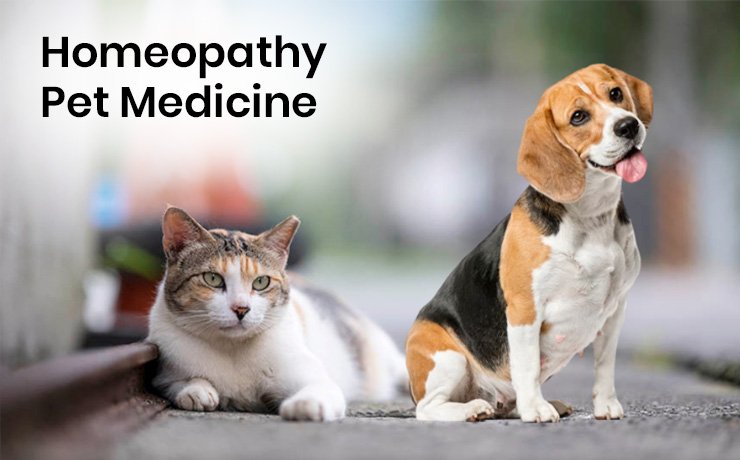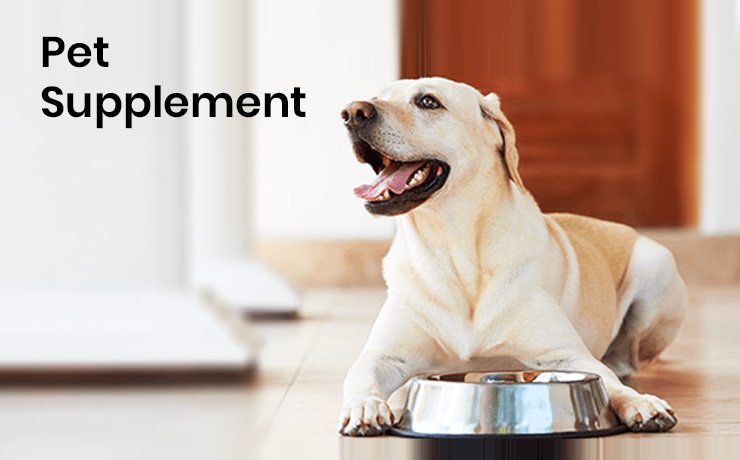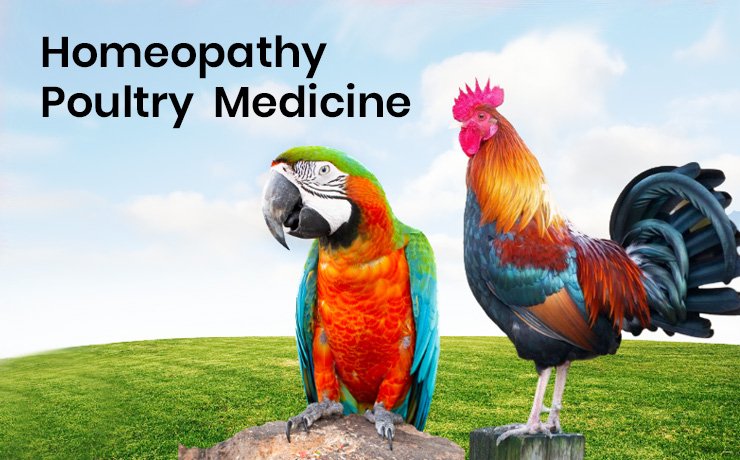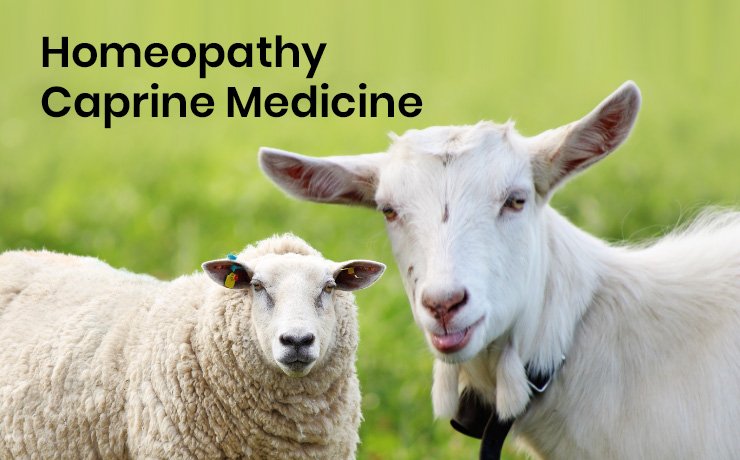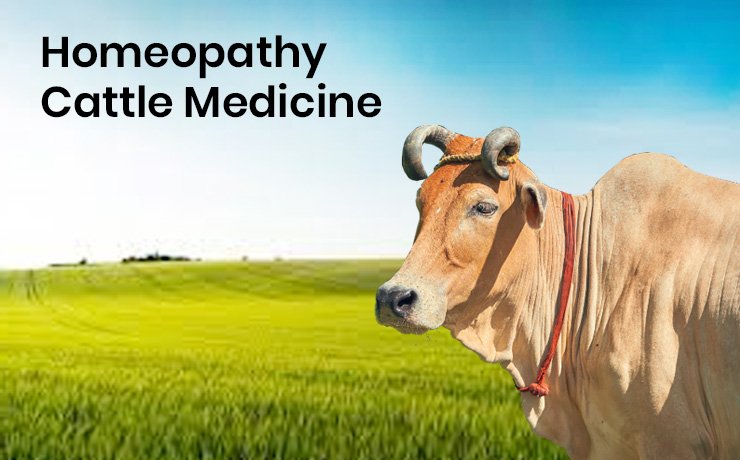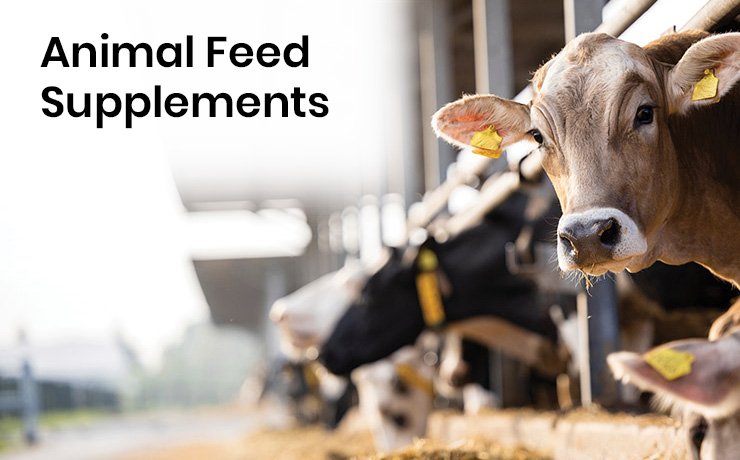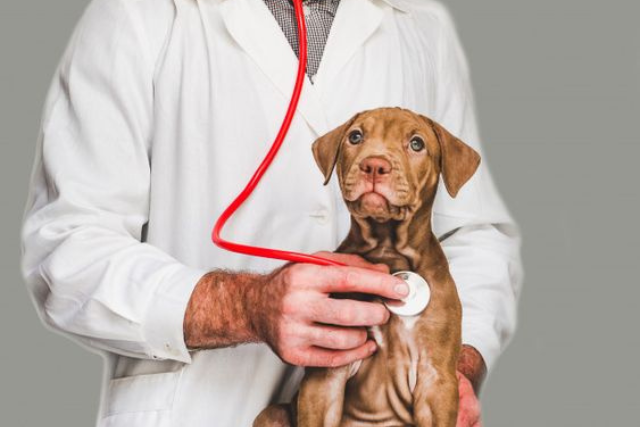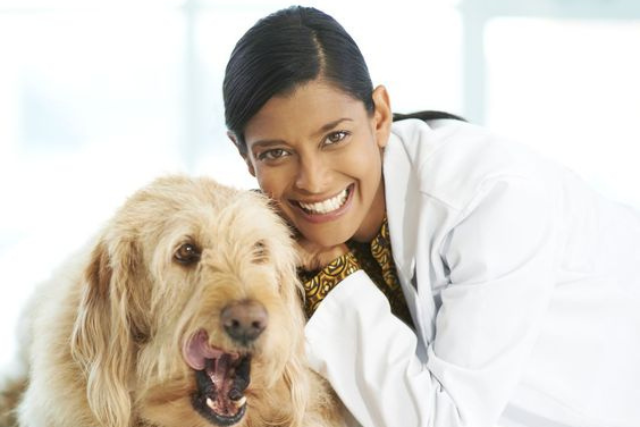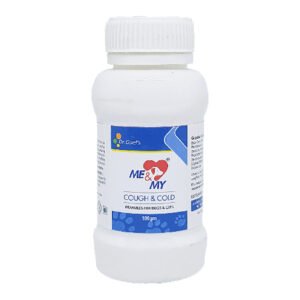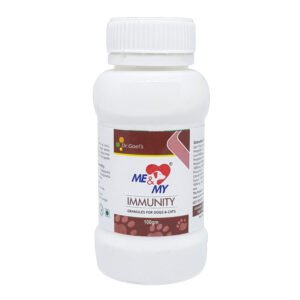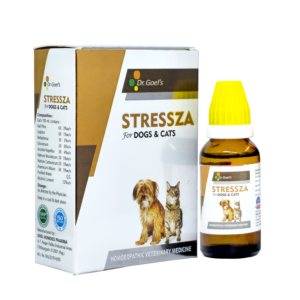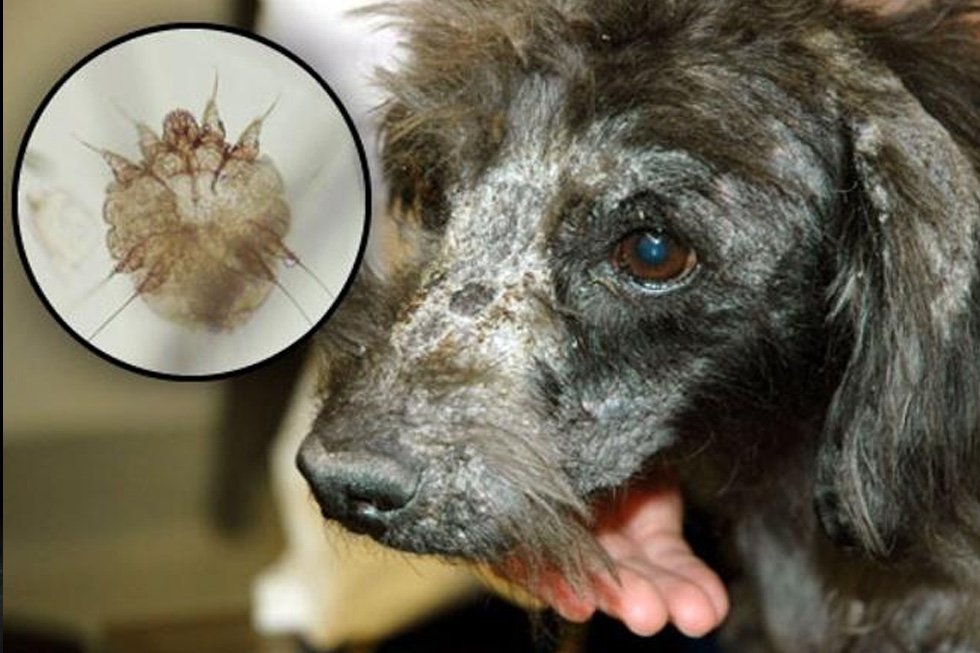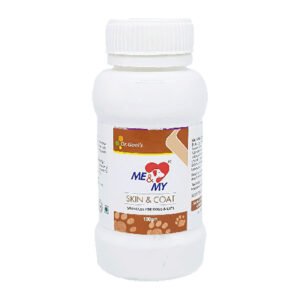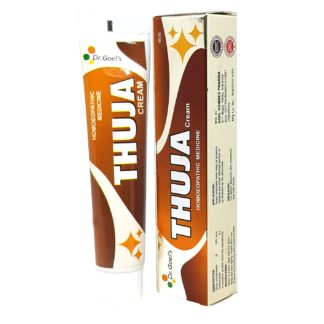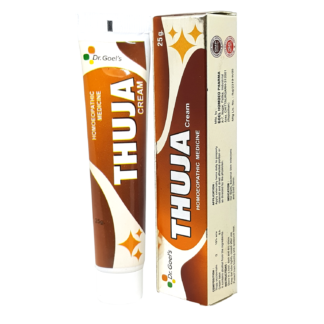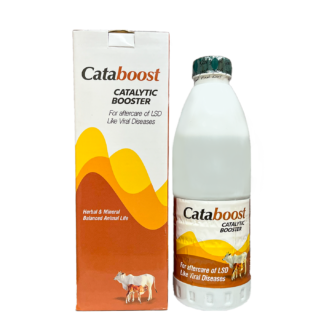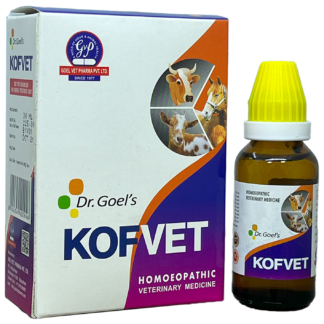WHEEZ GO- ME & MY COUGH
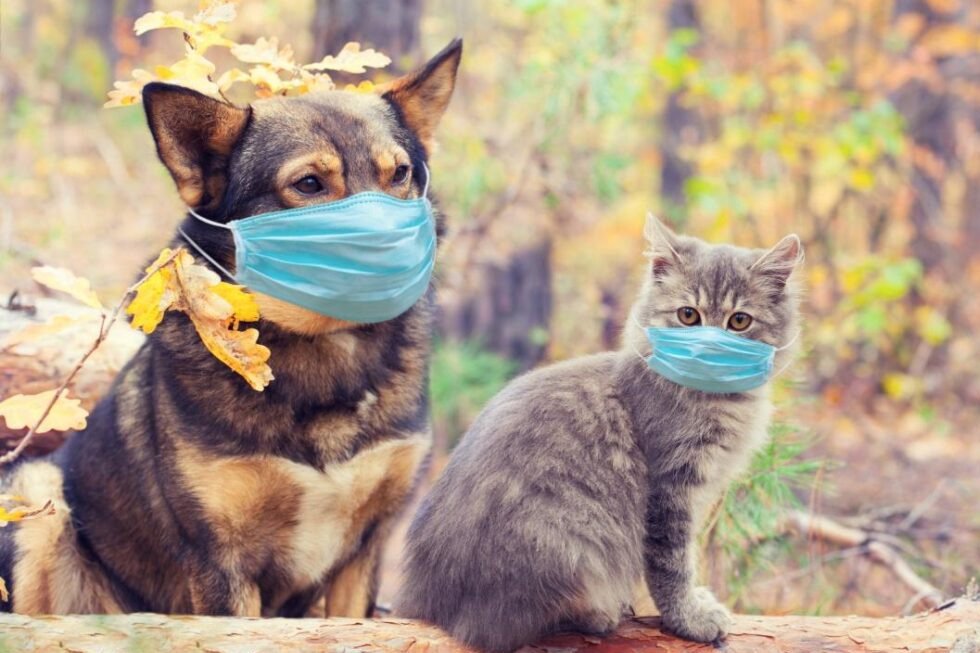
Sneeze & Wheez – Let’s Keep Them At Bay.
Coughing, sneezing, and a runny nose—the “terrible three,” as we know them are the uninvited guests that may pay our pets a quick visit at random. Although these three are not diseases as such, they are merely indicative symptoms of some ongoing etiology. Now, it might be scary and a bit troublesome to pinpoint and comprehend what might be the root cause of coughing and sneezing. Nevertheless, we’ve got you covered.
The Respiratory System: Dance Of The Incoming And Outgoing Air.
The respiratory system is important in the sense that it helps provide the body with the necessary elements of gases, such as oxygen, which help generate energy and power for the cells. The respiratory system is like a conducting system, a system that conducts the good gas, oxygen, into the body and helps expel the carbon dioxide gas in the body. Carbon dioxide is an excretory product, and it is extremely important that this waste product is efficiently expelled while the oxygen is being transported inside the body, which plays an important role in helping nourish the cells. This system encompasses the nostril, the conducting system- and the lungs.
Coughing & Its Importance: Is Coughing The Devil?
There are minute, elaborate structures that work hand in hand to assist our bodies in remaining in shape and fine. One such system is the physical barriers such as cilia/hair/ etc., which are present on the mucous membrane of the nose, which helps prevent the pathogen from entering the body. On irritation of these, there is a reflex sneeze that expels the pathogen out. However, this is just a tiny example of what our body can do! Let’s now understand what coughing is and its importance.
Defence Mechanism
Coughing helps and aids the body to get rid of pathogens [which cause diseases] by providing protection and also aids in clearing the airways [trachea-bronchial tree]. Nostrils or external nares are very well equipped with hair, or cilia as we may call it in medical terms, which helps capture externally harmful objects such as dust, dirt, pollen, viruses, and bacteria, which may cause a certain degree of damage to the epithelial lining of the nose and cause infection, which may trigger signs and symptoms of coughing, sneezing, and so on.
Fight against pathogens
The coughing mechanism of our physique is beneficial in hinting at a probable infection. As the infection rises, coughing and sneezing are important mechanisms that help the body get rid of pathogens, expel them, and fight against the microorganism. On the flip side, as the infection falls, or as the immunity builds, the cough and cold levels start dropping, which again helps us realise that the infection has been cured or minimised to a greater extent.
Coughing & Types: Co-Relation And Causes.
Sometimes, the type of cough can effectively guide us to establish the etiology and hence help us treat efficiently.
- Dry Cough [without sputum or mucus being expectorated/ coming out from the throat or Productive Cough [with sputum/ mucus accompanying coughing]
- Dry cough— could be due to asthma or an allergy. Other causative factors involve viral respiratory infections. In kennel cough, particularly, there is a honking kind of coughing.
- Productive cough—it could be because of respiratory infections, pneumonia, bronchiectasis, etc.
- The period of coughing, I.e., whether the cough lasts for a few hours, more than a few days, or worsens as time passes.
- Acute cough: If a cough lasts only for a few hours and then subsides, then it’s an acute cough.
- Chronic cough: Chronic Cough: If it lasts for more than a few weeks, it may be a chronic cough due to some health issues.
Generally, allergens cause a short-term cough, and even some mild respiratory infections last for a few days. Prolonged coughing needs to be diagnosed thoroughly as the causative factor could be the heart itself, thus, proper medical help should be sought out at the earliest to rule out or rule out cardiac complications and cardiac diseases.

A Sneeze And Wheeze Away.
There are many causative factors that may trigger sneezing and coughing. It is interesting to note that these may be totally and completely naturally occurring symptoms, with or without any ongoing pathological disease. However, these signs are manifested not only by some disease processes but may also be due to allergic reactions, inflammatory signs, irritation to the nasal passage, and so on. Let’s have a quick look at all the possible reasons that may trigger sneezing, wheezing, and other associated symptoms.
- Infections and terror of the germs-
- Infections are common, as infection-causing viruses and bacteria are usually present in the atmosphere surrounding us. The minute our immunity goes down due to some odd reasons, these bacteria and viruses get a kick start to initiate infection and multiply themselves, setting up infection colonies that cause destruction of the epithelial membrane of the nasal passage and hence the runny-nose symptom. Irritation of the passage due to these viruses and bacteria causes itching sensations and redness.
- For dogs, the common bacteria and viruses causing respiratory infections are:
- Bordetella bronchiseptica, canine adenovirus, canine influenza virus, canine distemper virus, canine herpes virus, mycoplasma, etc.
- For dogs, the common bacteria and viruses causing respiratory infections are:
- Bordetella bronchiseptica, canine adenovirus, canine influenza virus, canine distemper virus, canine herpes virus, mycoplasma, etc.
- For cats, the common bacteria and viruses causing respiratory infections are-
- Feline herpes virus, feline rhinotracheitis virus, feline chlamydiosis, feline calicivirus, cryptococcus, etc.
- The signs observed are:
- Runny nose
- Gagging
- Coughing
- Hacking cough
- Straining to remove cough and mucus
- Inappetence
- Losing weight due to an ongoing infection
- Listlessness
- Polyp-like growths in the nasal passage on detailed examination in case of Cryptococcal infection
- Scabs on the muzzle and nose
- Laboured breathing
- Systemic signs in case the infection spreads to other internal organs
- The other cause of coughing/sneezing could be ALLERGY!
- Yes, like human beings, even our pets might develop allergies to certain items. For instance, dust allergies can trigger itching and sneeze in humans, and they can manifest in a similar, if not identical, manner in non-humans such as our pets. Pollen grain allergies are again another common cause of sneezing in pets. This is termed “allergic rhinitis” or “allergic rhino-tracheitis.” Certain environmental elements are irritating by nature. They irritate the nasal and lining passages of the respiratory system, therefore setting up the field for the growth of secondary infectious agents.
- Allergies can be self-limiting and mostly do not need medical assistance. However, in cases of extreme allergic reactions, certain antihistaminic and other associated drugs are necessary as they might be life-threatening. Therefore, do not take allergic responses lightly and consult your nearest vet at the earliest if you suspect any allergic reactions in your pet.
- Extra respiratory causes—heart trouble.
- In elderly pets, a persistent cough, especially during the night, can indicate something different. This cough may or may not be related to the respiratory system directly. Certain cardiac ailments can cause coughing, and hence, after the age of 8–9, yearly cardiac consults are essential.
Cure And Assessing The Cause
The key to the puzzle lock is figuring out what is wrong! There are certain tests that your veterinarian will opt for in case your pet is presented with coughing, sneezing, and other such associated respiratory system ailment. Your vet may suggest-
- A complete blood count with liver and kidney function tests—the reason being that certain viruses and bacteria are extremely prolific and invasive in nature. They end up hampering and damaging multiple organs on their way out. Which is why, to be on the safe side, it is mandatory to check for systemic infections and the vital functioning of the internal organs just to be well equipped with the outcomes and cure.
- X-Ray scan-this provides valuable information about the thoracic cavity and the heart. Pleural effusions/adhesions, the size of the heart, and other intricacies can be delicately assessed by reading X-ray scans.
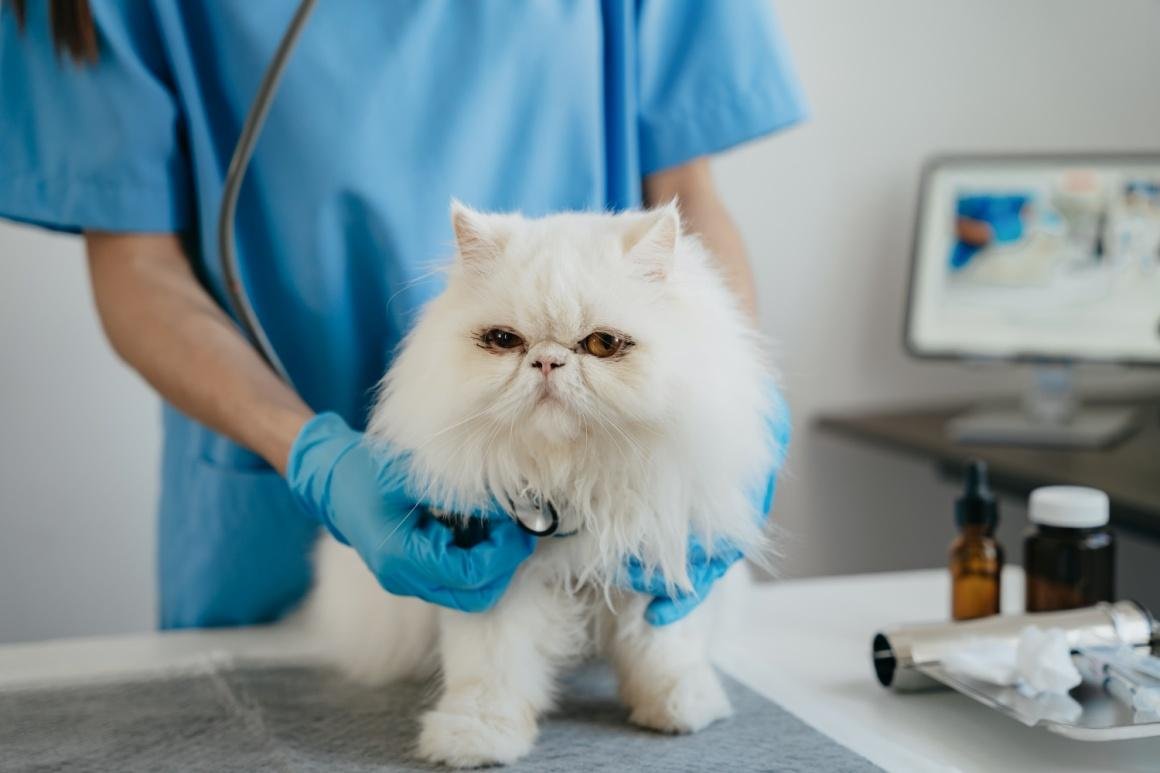
The treatment protocol is easier when the root cause has been established early on. This can only be possible if you, as a pet parent, approach your pet’s veterinarian at the earliest possible time.
Certain diseases, such as respiratory infections, can spread rapidly via aerosols to other pets in the house. For instance, the feline herpes virus can spread rampantly to other kittens if not kept under control. Therefore, here are a few steps that can be considered:
- Isolation of the affected pet.
- Getting the veterinarian’s advice at the earliest.
- Systemic antibiotics, antihistamine tablets, or syrups as prescribed by the vet.
- Nebulizing with bronchodilator drugs.
- Homeopathic remedies, along with the necessary treatment protocol, thereby provide a holistic approach to treating the disease.
The discomfort of the dog and the helplessness of the pet owners can be addressed with WHEEZ-GO for PET, a Homeopathic Veterinary Medicine, to treat Cough & Flu-related symptoms for any reason. WHEEZ-GO for PET, A Unique formula for respiratory problems in pets. It is based on the homeopathic principles, i.e., “Similliasimilibuscuranter” Likes to be treated by likes; hence, one could easily understand that the following symptoms of different medicines, when available in a case, can be cured by these medicines.
Another homeopathic remedy that complements WHEEZ GO is – Me & My Cough and Cold Pet Supplement, which is very useful for pets that show symptoms of catarrhal cough, cold, headache, sneezing with a running nose, inflammation of the mucous membrane, and bronchitis with or without a rattling sound.
Respiratory infections and problems should be assessed at the earliest since this system is involved with providing life giving oxygen to cells which in turn helps provide energy to the body and is involved in expelling the waste products, ie. Carbon dioxide is out of the body. To help heal is our duty. Consult your nearest Veterinarian today if your pet displays any such signs of respiratory distress and infection.
“Helping heal pets, at the earliest.”
HOMEOPATHIC SOLUTION FOR COUGH & COLD IN PETS
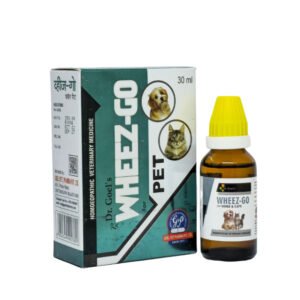
 Australian Shepherd
Australian Shepherd Beagle
Beagle Belgium Shepherd
Belgium Shepherd Bernese Mountain Dog
Bernese Mountain Dog Border Collie
Border Collie Boxer
Boxer Bulldog
Bulldog Cavalier King Charles Spaniel
Cavalier King Charles Spaniel Chihuahua
Chihuahua Cocker Spaniel
Cocker Spaniel Dachshund
Dachshund Doberman Pinscher
Doberman Pinscher Dogo Argentino
Dogo Argentino French Bulldog
French Bulldog German Shepherd
German Shepherd Golden Retriever
Golden Retriever Great Dane
Great Dane Himalayan Shepherd
Himalayan Shepherd Indie Dogs
Indie Dogs Labrador Retriever
Labrador Retriever Pakistani Bully
Pakistani Bully Pembroke Welsh Corgi
Pembroke Welsh Corgi Pitbull
Pitbull Pomeranian
Pomeranian Poodle
Poodle Pug
Pug Rottweiler
Rottweiler Shih Tzu
Shih Tzu Siberian Husky
Siberian Husky Yorkshire Terrier
Yorkshire Terrier Abyssinian
Abyssinian American Bobtail
American Bobtail American Shorthair
American Shorthair Balinese Cat
Balinese Cat Bengal Cat
Bengal Cat Birman
Birman Bombay Cat
Bombay Cat British Longhair
British Longhair British Shorthair
British Shorthair Burmese Cat
Burmese Cat Devon Rex
Devon Rex Exotic Shorthair
Exotic Shorthair Himalayan Cat
Himalayan Cat Maine Coon
Maine Coon Oriental Shorthair
Oriental Shorthair Persian Cats
Persian Cats Ragdoll
Ragdoll Scottish Fold
Scottish Fold Siamese Cat
Siamese Cat Siberian Cat
Siberian Cat Sphynx Cat
Sphynx Cat



















